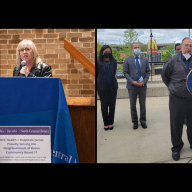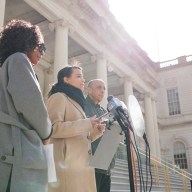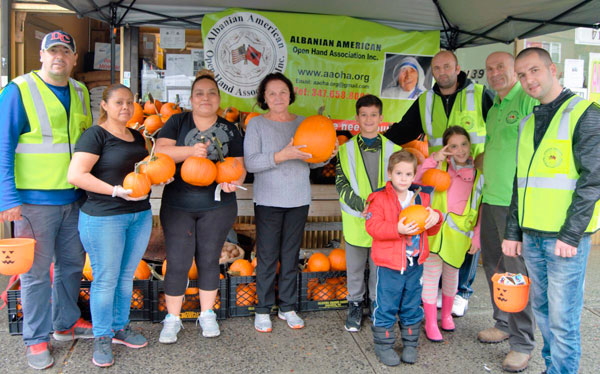Tax season is upon us, and because of a recent arrest, this might be the appropriate time to remind our readers to be mindful of who prepares their taxes taxes.
On Monday, January 26, Attorney General Eric T. Schneiderman and New York State Department of Taxation and Finance Commissioner Thomas H. Mattox announced the arrest of 48-year old Bronx resident Raul Kelley on three alleged felony charges, including tax fraud, filing a false personal income tax return and trying to steal tax refunds, resulting from his business as a tax preparer.
More specifically, Kelley, who allegedly filed at least two false returns, was arrested for criminal tax fraud in the fourth degree, offering a false instrument for filing in the first degree and attempted grand larceny in the third degree, all class E felonies.
The investigation further reveals that Kelley, who was believed to have operated a business and worked on tax returns from his home address on 1019 E. 222nd Street, had been hired to prepare personal income tax returns for two taxpayers and file it with New York State, despite not being registered as a tax preparer with the state.
According to the complaint, Kelley allegedly grossly inflated the two taxpayers’ job expenses in 2012 from $1,500 to over $97,000, resulting in the tax return claiming a refund of almost $4,500, an amount the taxpayers were not entitled.
Residents need to be careful when choosing the individual to prepare their tax returns.
“We recommend that taxpayers should ask questions about qualifications, cost, signing returns as well as refunds regarding the filing of tax returns to avoid being victims,” said Cary B. Ziter, public information spokesperson for the New York State Department of Taxation and Finance.
“Is the tax preparer registered with the IRS and NY Tax Department? How many years of experience do they have? What kind of recent professional education courses have they taken? These are all qualification questions that the tax preparer should be asked prior to filing one’s taxes.”
Ziter’s additional advice also included asking to see a ‘fee schedule’, making sure the cost will be based on services provided, not the amount of the refund, and explained that a refund should never get deposited into a preparer’s bank account, the taxpayer should ask to receive a direct deposit and if they don’t have a bank account, they should obtain a debit card.
“Many people have the tendency to go to a local person to have their taxes filed,” said Richard Ernst, Deputy Commissioner and Attorney for the New York State Department of Taxation and Finance.
“When searching for a tax preparer, it is important to check their background, experience and prior training before letting them file your taxes. It is also important to choose somebody who is trustworthy, because they will be the person you will have to trust with the most private information, such as your social security number.”
Ernst added that 70% percent of New York residents filed their taxes using services of a tax return preparer last year.
He offerd the following advice to avoid false or fraudulent tax preparers: use e-filing (online filing), which is faster, free, and minimizes errors by 20%, as well as asks tax preparers to provide their PIN number from the IRS and their NYPRIN number from New York State; and tax preparers should only sign the tax return after returns have been filed, never before and never blank, stating that any false returns will be blamed on the taxpayer, not the preparer.
























